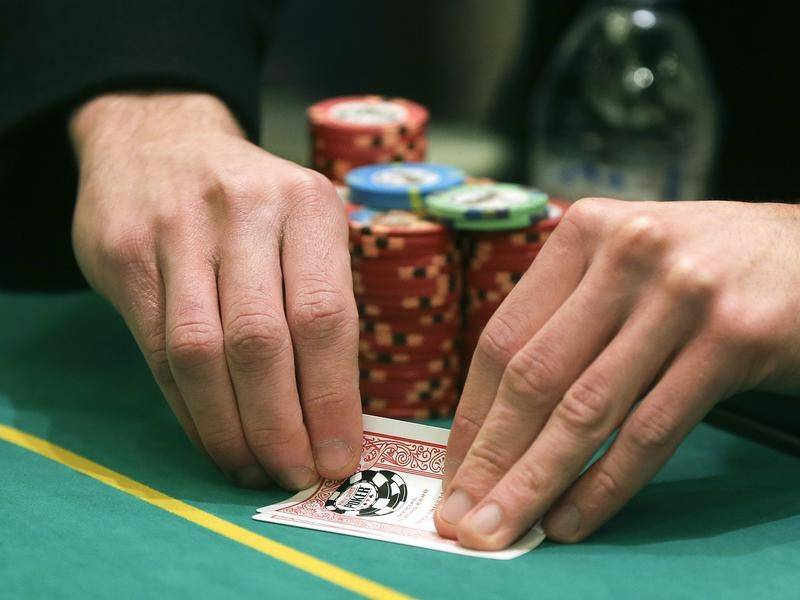Poker, a game that has captivated and enthralled players for centuries, is much more than a mere card game. It is a battle of wits, a test of skill, and a microcosm of life itself. From the smoky backrooms of old saloons to the glitzy casinos of Las Vegas, poker has evolved into a global phenomenon, attracting players from all walks of life. In this article, we explore the unique aspects of poker that make it such a compelling game of skill and strategy.
At its core, poker is a game of incomplete information. Unlike many other games, poker players are not dealt a full hand from the beginning. Instead, they must make decisions based on limited knowledge and use their analytical skills to assess the situation. This element of uncertainty creates a dynamic environment where players must rely on their intuition, psychological acumen, and mathematical prowess to make informed choices.
One of the key skills in poker is the ability to read and interpret your opponents’ behavior. A good poker player can gauge the strength of their opponents’ hands through subtle cues such as facial expressions, body language, and betting patterns. This art of “poker tells” separates the average players from the masters, as it requires a keen sense of observation and the ability to remain calm and composed under pressure.
Furthermore, poker is a game of strategy that rewards those who can think several moves ahead. Every decision made at the poker table has potential consequences, and players must consider the long-term implications of their actions. Successful players employ a combination of aggressive and conservative strategies, adjusting their gameplay based on their opponents’ tendencies and the ever-changing dynamics of the game.
In poker, luck plays a role, but it is skill that ultimately prevails. Over the course of a single hand or even a session, luck can sway the outcome. However, in the long run, skillful players consistently outperform those who rely solely on chance. The ability to manage risk, calculate probabilities, and make sound decisions based on incomplete information is what separates the winners from the losers.
Poker is also a game that transcends boundaries and fosters a sense of community. Whether you’re sitting around a kitchen table with friends or competing in a high-stakes tournament, poker brings people together. It is a game that transcends language and cultural barriers, creating a shared experience that bridges divides.
Moreover, poker teaches valuable life lessons. The skills acquired at the poker table can be applied to various aspects of life, such as decision-making, risk assessment, and emotional control. The discipline and patience required to succeed in poker can be transferred to professional pursuits or personal endeavors, leading to a more well-rounded individual.
In recent years, the rise of online poker has made the game even more accessible, allowing players from around the world to compete against each other at any time. This technological advancement has further democratized the game, breaking down geographical barriers and enabling players to refine their skills against a diverse range of opponents.
In conclusion, poker is a game that transcends its humble origins and has become a cultural phenomenon. It combines elements of skill, strategy, psychology, and mathematics to create an enthralling experience for players. The ability to navigate through uncertain situations, read opponents, and make calculated decisions makes poker a game of intellectual depth and excitement. So next time you sit down at the poker table, remember that it’s not just a game of chance—it’s an intricate dance of skill and strategy that can lead to both triumph and enlightenment.

Leave a Reply